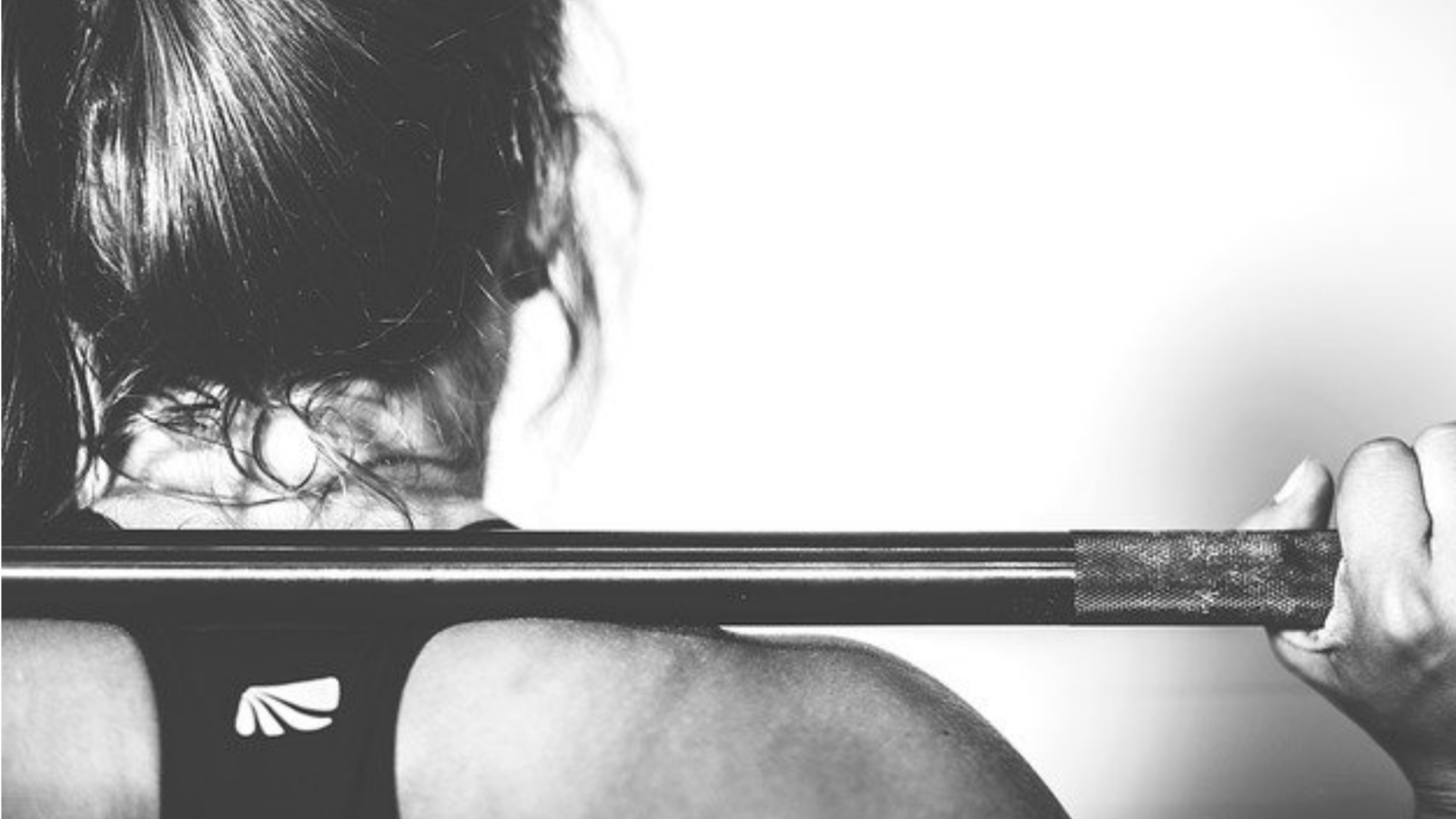| The recent actions of the NCAA in its blatant discrimination of women requires deeper examination to understand the history of women and sports, the overwhelming power of systems in defining women and the consequences of such systemic discouragement. From fighting unequal weight rooms women will move to fighting inequality in pay unless the systems holding women back are deconstructed and redesigned. In 1972, Birch Bayh, a Senator from Indiana, introduced Title IX in an effort to ensure that no person be denied benefits or be subject to discrimination in any educational program or activity that receives Federal assistance. Title IX was a powerful piece of legislation designed to level the playing field for women in sports. Twenty years ago, few people outside of the mid-atlantic region knew of the Johns Hopkins University women’s volleyball team. We practiced in the back gym and got excited about free swag like puffer jackets. In 2019, alongside the university’s commitment to advance women athletes, the volleyball team secured the NCAA national championship win, commendable progress but clearly more needs to be done at a national level. The discrimination by the NCAA exposes a two-tier system that makes clear to women their athletic pursuits are of less value compared to men. The consequences of this message at a societal level are significant. Sports and physical activity, whether an athlete or not, are important for both men and women. Yet clinical studies show that young girls are less likely to engage in organized sports or physical activity than boys. This pattern persists throughout their lives. The Women’s Sports Foundation reports that girls have 1.13 million fewer sports opportunities in high school than boys. Women athletes are powerful role models for young girls, increasing the attractiveness of sports, physical activity and, ultimately, healthy living. Social media remains an important force in highlighting indiscretions against women and elevating this dialogue. After being called out publicly, the NCAA took steps to correct these blatant inequities but it’s not enough. A broader set of stakeholders, including governments, universities and researchers must prioritize women athletes and engage in collective learning. Women are not small men, periods can contribute significantly to mood and athletic performance. The US Women’s National Soccer Team pioneered aligning menstrual cycles and training recommendations, which contributed to their gold medal victory. Let’s replicate these types of solutions and knowledge across university campuses and for more women. While the NCAA women’s basketball program recorded a half billion dollars in revenue, we need to be asking how much more the program could generate without the systemic discouragement of women athletes. Women control or influence the vast majority — 85 percent — of consumer spending. This data suggests that women have the power to redesign the system, one dollar at a time. Despite this, obstacles continue to be placed in our way. Each day, our physical and mental health is threatened by micro and macroaggressions, which slowly but steadfastly chip away at our self-esteem until we feel we’re left with no choice but accepting the status quo as the norm. Slowly from this state of acceptance, we move forward but we don’t change, we don’t grow and we can’t rise with confidence to fight the challenge in front of us. We congratulate and thank the young women of the NCAA who had the courage to speak out against a system that has consistently prioritized the needs of male athletes over those of wome. You all are truly agents of change in a system that so deeply needs a redesign. You are not alone in this battle and we support you in the path to achieve what women so rightly deserve—equality in the weightroom, the boardroom, or anywhere a woman wants to be. |
Stop Discouraging Female Athletes
Women deserve equality in the weightroom, the boardroom, or anywhere a woman wants to be


